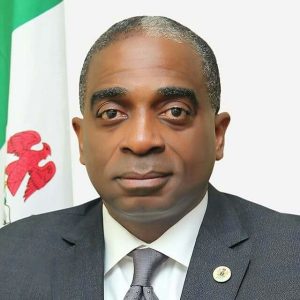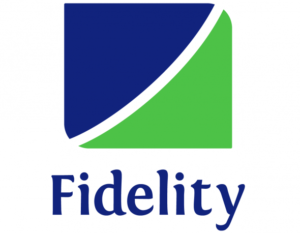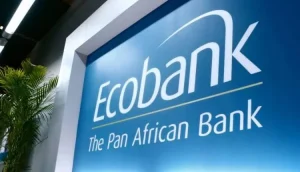
Marketplace Africa Explores Nigeria’s Debut at the Cannes Film Festival
According to a 2023 industry report by NECLive, film production and distribution in Nigeria is a \$6.4 billion business—and the number is only expected to grow in the coming years. In a recent episode of Marketplace Africa, CNN visits the Cannes Film Festival in France to cover the debut of My Father’s Shadow, the first Nollywood film to be included in Cannes’ official selection.
My Father’s Shadow is a family drama set against the backdrop of the annulled 1993 Nigerian general election, which sparked civil unrest. Actor and executive producer Ṣọpẹ́ Dìrísù describes the film as “a massive celebration of our culture. It’s ultimately a very local story, but one with global reach.”
Speaking more broadly about Nigeria’s film industry, Dìrísù adds, “Nigerian storytelling—Nigerian cinema—has a lot to offer the world. We’re really looking forward to not only what this festival can do for our film, but for the entire filmmaking industry back home in Nigeria.”
The film was directed by British-Nigerian Akinola Davies Jr. and co-written with his brother Wale. Akinola explains its semi-autobiographical nature, rooted in the loss of their father at a young age:
“When we were growing up, we’d always meet people who would tell us stories about our dad. It was kind of good and bad—exciting to hear those stories, but also bittersweet, because they had the stories, and we didn’t.”
Shot on location in Lagos with a predominantly Nigerian and diaspora cast and crew, the film exemplifies how the local industry is collaborating with international producers. Akinola tells CNN about the decision to keep things grounded:
“We really wanted to capture the essence of the city from the ground level. I think a lot of people see the high-end, nouveau riche side of Lagos. But the real lifeblood—the cells and veins—of the city is how working-class people live and move within it.”
At Cannes’ film market, the Nigerian government launched the Screen Nigeria Project along with a raft of ambitious new initiatives aimed at boosting the nation’s film industry. Hannatu Musa Musawa, Minister of Art, Culture, Tourism and the Creative Economy for the Federal Republic of Nigeria, tells CNN:
“We’re trying to leverage our culture of content and creativity to drive economic growth and expansion in Nigeria. Our goal is to contribute at least \$100 billion to the GDP by 2030.”
Musawa says the government-funded Screen Nigeria initiative is multipronged, encompassing the creation of funds and digital platforms to help creatives develop projects, as well as expanding infrastructure to support filmmakers. Baba Agba, Special Assistant to the President of Nigeria on Creativity, adds that the initiative also aims to reform the country’s film distribution system to combat piracy.
Agba elaborates on the push to elevate homegrown voices and talent:
“A lot of people don’t have a clear picture of what the Nigerian film system really is—it’s still blurry to many. We want to show people who we are, how we live, and help them connect with us. My Father’s Shadow is a prime example of what’s possible when these kinds of international conversations happen.”
He ends with a rousing call to action, stressing the need for collective effort to propel Nigerian cinema forward:
“The time is now. Everybody needs to get on board. Our diaspora is massive and everywhere. Some of the biggest stars in the world—on-screen, behind the camera, as executives—are Nigerian. Just look at what music has done. Trust me, film is going to hit even harder.”
This article is adapted from a recent episode of Marketplace Africa by CNN.








